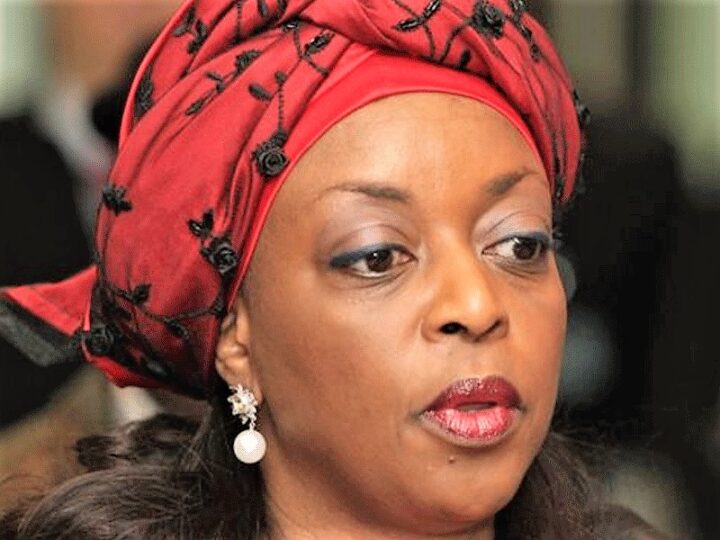A file picture of Bosun Tijani, minister of communications, innovation, and digital economy.
On Monday, Bosun Tijani, the minister of communications, innovation and digital economy, released a 31-page roadmap for the ministry.
The minister said the roadmap titled: “Accelerating our collective prosperity through technical efficiency”, will serve as a “critical launchpad towards a Nigeria that thrives in the digital age”.
In the plan, the minister highlighted five pillars through which the country’s digital technology and innovation milieu will be transformed.
“This strategic blueprint is a detailed and progressive framework that encompasses five key pillars: Knowledge, policy, infrastructure, innovation, entrepreneurship & capital (IEC) and trade,” the document reads.
Advertisement
Some of the ideas include training of three million early to middle-career technical talents over the next four years, creation of over 50 thousand AI jobs, and attaining 70 percent digital literacy by 2027.
TRAINING THREE MILLION TECHNICAL TALENTS BY 2027
The document says the country will produce three million technical talents within four years.
Advertisement
The intent is for Nigeria to retain at least 1.5 million skilled professionals from the local talent pool and facilitate opportunities for the other 1.5 million to excel in the global talent marketplace, preferably through remote opportunities.
This is touted to drive talent export and impact the financial economy through foreign exchange. The plan also aims to achieve 70 percent of digital literacy by 2027 and 95 percent by 2030.
The document also promised that there will be creation of 50,000 jobs in Nigeria’s AI industry by 2030.
The roadmap promises to position Nigeria in the top 25% percentile in research globally across six pivotal Fourth Industrial Revolution (4IR) technological domains, including Artificial Intelligence (AI), Unmanned Aerial Vehicles (UAVs), Internet of Things (IoT), Robotics, Blockchain and Additive Manufacturing.
Advertisement
FG-REGULATED OPEN DATA PLATFORM
In line with the data protection bill, the ministry promises to deliver an open data platform regulated by the federal government by 2026.
The ministry is envisaging the use of a Nigeria Stack by 2027 to drive digital public services like social intervention and citizen reliefs.
The ministry has also set 2024 as the year to launch OneGov, a one stop shop for access to all government services.
Advertisement
“Set up a comprehensive digital public infrastructure to be the foundation for digital transformation across Nigeria,” the document reads in page 21.
90 PERCENT INCREASE IN BROADBAND PENETRATION
Advertisement
The ministry plans to improve the business model for the Nigerian Postal Service and modernise 50% of their locations by the end of 2027.
Corroborating the document at the Platform on Monday, the minister said “young Nigerians can own franchise of the postal service”.
Advertisement
The ministry also said it will focus on executing a broadband strategy to lay 95,000 kilometres of fibre optic cable across the country, while envisaging 90% increase in broadband penetration across the country.
500 PERCENT INTRA-AFRICA TRADE BY 2027
Advertisement
The ministry said it is committed to positioning Nigeria as a major player in the African and global technology ecosystem.
The document is targeting a 500 percent increase in intra-African trade.
“In partnership with the ministry of investment, trade and industry, we will establish a one-stop AfCFTA digital and physical shop connecting Nigerian companies to the continent and vice versa,” it reads.
The ministry also promised to improve Nigeria’s Economic Complexity Index (ECI) from 99 percentile to 75 percentile.
The ECI is an advanced measure calculated by using the diversity of a country’s exports and the diversity of its export partners.
The ministry believes that the ICT sector can contribute more than the 18.44% it contributed to the nation’s GDP in Q2 2022.
Add a comment







